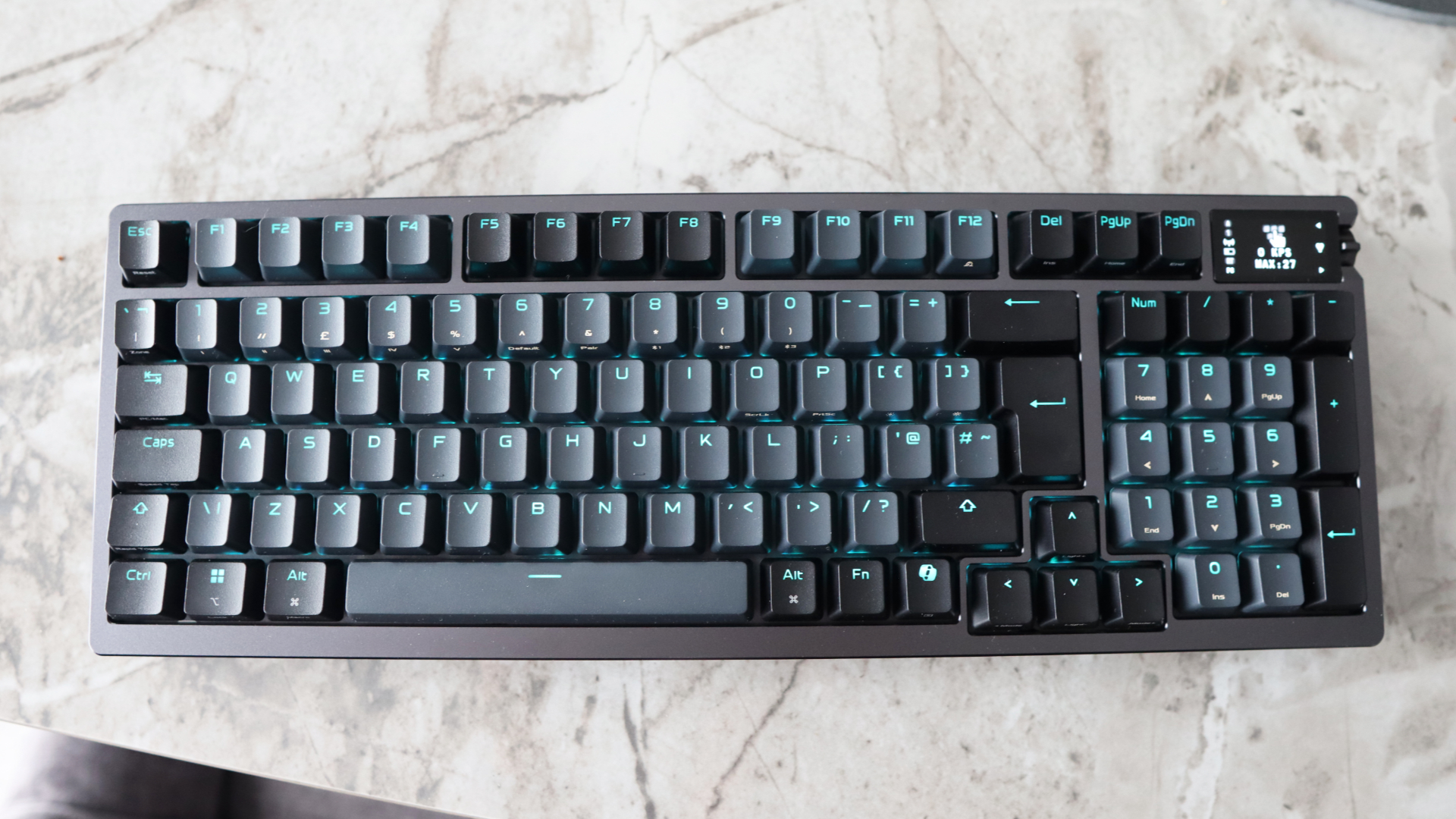'The age of gameplay mechanics has already passed' says Shadow of The Colossus director as he praises Katamari Damacy creator's new game for not being systems-driven

Katamari Damacy creator Keita Takahashi is known for making unusual games, and his latest digital escapade To a T is no different. Players assume the role of a teenager stuck in a T-pose as they try to navigate everyday life via interactive scenes like brushing their teeth and eating breakfast.
Speaking at GamesCom LATAM earlier this year, Takahashi revelled in his own ridiculous concept. "It's so stupid," he said in a chat shown on FGS live. "No smart game design, game mechanic, nothing."
This simple, thematically driven approach also enamoured another venerable Japanese developer, Ico and Shadow of the Colossus director Fumito Ueda. Recently, the two got together with Denfaminicogamer (via Automaton Media) to chat about To a T's design, leading Ueda to declare that "the age of gameplay mechanics has already passed".
For context, Ueda had contacted Takahashi prior to their chat to ask him designer how to play To a T. Takahashi responded that the game didn't have any special mechanics, to which Ueda responded "That's great."
During the pair's chat with Denfaminicogamer, Ueda clarified this response. "While I don't know why I replied with 'That's great' back then, I was most likely thinking 'The age of gameplay mechanics has already passed.' I guess this is not the age to release new devices or offer new mechanics with each and every game."
But Ueda points out that games don't need to invent whole new systems when you use art and narrative design to drive the experience forward. "Even if there is nothing novel about the mechanics, you can push the game further with a certain vibe or artwork," he explains. "Personal preferences aside, what I'm saying is I think it would be better to give already existing game mechanics more definition."
I certainly think there's some truth to what Ueda says here. Many if not most games released these days use existing mechanical frameworks that are revitalised through an interesting theme, story, or visual style. But I would also say that this has been the case for much of gaming's history too. True mechanical innovation is exceedingly rare, tending to occur incrementally rather than in sudden leaps. Even as far back as the 8-bit era, most games that were made were riffs on other titles rather than wholly original works. But since games could be made a lot quicker, with development times of months rather than years, innovation happened faster. It also probably helped that computers were rapidly iterating alongside the games played on them, enabling developers to create more ambitious, complex experiences.
Keep up to date with the most important stories and the best deals, as picked by the PC Gamer team.
In any case, our own Chris Livingston likewise enjoyed Takahashi's latest as he describes in his To a T review, albeit slightly less than Ueda apparently did. "It's a shame that To a T can be frustrating to actually play at times," Chris said, citing the game's awkward camera. "[But] it's still worth struggling through the sometimes-awkward gameplay for the fabulous story contained within its five-hour duration. It's surprising, it's got a lot of laughs, and there's a nice message at its core."
Best cozy games: Relaxed gaming
Best anime games: Animation-inspired
Best JRPGs: Classics and beyond
Best cyberpunk games: Techno futures
Best gacha games: Freemium fanatics
Rick has been fascinated by PC gaming since he was seven years old, when he used to sneak into his dad's home office for covert sessions of Doom. He grew up on a diet of similarly unsuitable games, with favourites including Quake, Thief, Half-Life and Deus Ex. Between 2013 and 2022, Rick was games editor of Custom PC magazine and associated website bit-tech.net. But he's always kept one foot in freelance games journalism, writing for publications like Edge, Eurogamer, the Guardian and, naturally, PC Gamer. While he'll play anything that can be controlled with a keyboard and mouse, he has a particular passion for first-person shooters and immersive sims.
You must confirm your public display name before commenting
Please logout and then login again, you will then be prompted to enter your display name.



